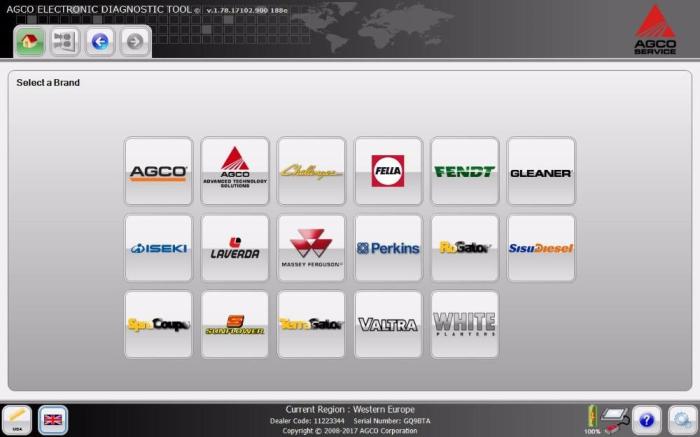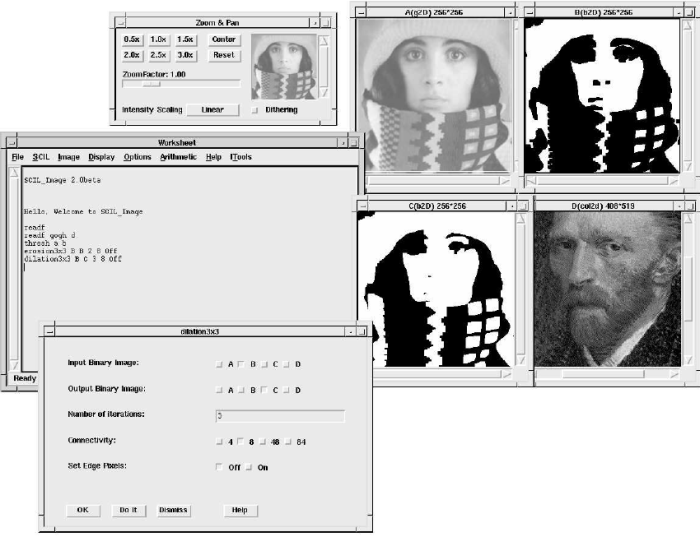Ned wants to use a programming tool – Ned’s quest for a programming tool embarks on an exploration of the benefits, types, and considerations for selecting the ideal tool. Join us as we delve into the world of programming tools, empowering Ned and countless others in their software development endeavors.
The pursuit of efficiency, accuracy, and productivity drives Ned’s desire for a programming tool. This article aims to guide Ned and anyone seeking to harness the power of these tools.
Introduction
Ned, a budding programmer, seeks to enhance his coding efficiency and productivity by utilizing a programming tool. This article aims to guide Ned through the myriad of options available, empowering him to make an informed decision and optimize his programming journey.
Benefits of Using a Programming Tool

Employing a programming tool offers numerous advantages:
- Increased Efficiency: Tools automate repetitive tasks, freeing up Ned’s time for more complex coding challenges.
- Improved Accuracy: Tools minimize errors by providing code completion and syntax checking, ensuring precision in Ned’s code.
- Enhanced Productivity: Tools streamline the development process, allowing Ned to create and debug code more quickly.
- Greater Flexibility: Tools provide customizable options, enabling Ned to tailor the environment to his specific needs.
Types of Programming Tools
Various programming tools exist, each serving a distinct purpose:
- Integrated Development Environments (IDEs): Comprehensive tools that combine code editing, debugging, and project management.
- Text Editors: Basic tools that provide syntax highlighting and code completion, suitable for smaller projects.
- Compilers: Translate high-level code into machine-readable instructions, enabling execution on specific platforms.
- Interpreters: Execute code line by line, providing immediate feedback, ideal for rapid prototyping.
Factors to Consider When Choosing a Programming Tool

When selecting a programming tool, Ned should consider:
- Compatibility: Ensuring the tool is compatible with his operating system and preferred programming language.
- Features and Functionality: Evaluating the tool’s capabilities and whether they align with Ned’s requirements.
- Ease of Use: Selecting a tool with a user-friendly interface and intuitive navigation.
- Cost: Determining whether the tool is within Ned’s budget or if there are viable free or open-source alternatives.
Recommended Programming Tools for Ned: Ned Wants To Use A Programming Tool
Based on the aforementioned factors, suitable programming tools for Ned include:
- PyCharm: A powerful IDE specifically designed for Python development, offering advanced debugging and refactoring features.
- Visual Studio Code: A versatile IDE supporting multiple programming languages, known for its extensibility and community support.
- Sublime Text: A lightweight and customizable text editor with a wide range of plugins to enhance functionality.
Getting Started with a Programming Tool

To initiate using a programming tool, Ned should:
- Install the tool: Download and install the chosen tool from its official website.
- Create a new project: Launch the tool and create a new project to house Ned’s code.
- Write and run code: Type in code using the tool’s editor and execute it to observe its functionality.
Troubleshooting Common Issues

Ned may encounter common issues when using a programming tool, such as:
- Syntax Errors: Mistakes in code syntax that prevent the tool from understanding the instructions.
- Runtime Errors: Errors that occur during code execution due to incorrect logic or memory issues.
- Debugging Techniques: Ned can utilize tools like debuggers and error messages to identify and resolve issues.
Common Queries
What are the primary benefits of using a programming tool?
Programming tools enhance efficiency, improve accuracy, boost productivity, and provide greater flexibility in software development.
What are the different types of programming tools available?
Programming tools encompass integrated development environments (IDEs), text editors, compilers, and interpreters, each serving specific purposes in the development process.
What factors should Ned consider when choosing a programming tool?
Ned should evaluate compatibility with his operating system and programming language, assess the features and functionality, consider ease of use, and factor in the cost of the tool.